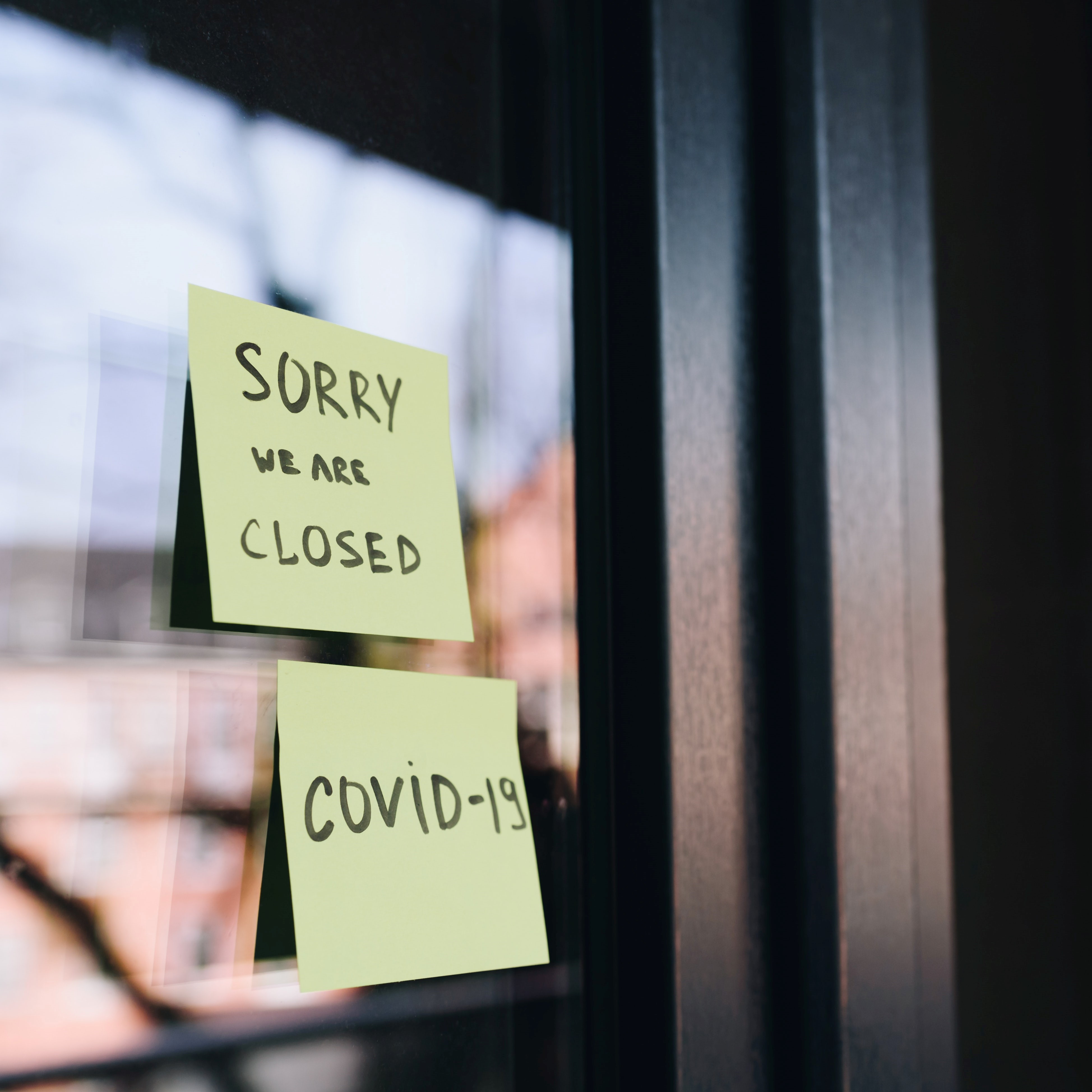Information on Cookies
To make the best use of our website, you'll need to make sure your web browser is set to accept cookies to ensure you receive the best experience.
For further information, please read our Cookies Policy.

Log In
Login
Go To News
 The Health Protection (Coronavirus, Restrictions) (North East of England) Regulations 2020
Published Date: 17/09/2020
The Health Protection (Coronavirus, Restrictions) (North East of England) Regulations 2020
Published Date: 17/09/2020

This instrument makes provision for the purpose of enabling a number of public health measures to be taken to reduce the public health risk posed by the coronavirus in Northumberland, North Tyneside, South Tyneside, Gateshead, Newcastle, Sunderland and Durham County including licensing restrictions.
Regulation 4(1) requires the closure of restricted businesses between the hours of 22:00-05:00 including bars, pubs, and restaurants as listed in Parts 2 and 3 of the Schedule.
Other regulations are:
- Regulation 4(2) provides that the businesses required to close during these hours are permitted to provide delivery services between 22:00-05:00.
- Regulation 5(1) requires that businesses listed in Part 2 of the Schedule may sell food or drink for consumption on the premises only if it is served to customers sitting at a table.
- Regulation 5(2) provides that an area adjacent to the premises of the business where seating is made available for customers of the business (whether or not by the business) is to be treated as part of the premises of that business.
- Regulation 5(3) provides that if a business listed in Part 2 of the Schedule (“business A”) forms part of a larger business (“business B”), the person responsible for carrying on business B complies with the requirement to sell food or drink for consumption on the premises only if it is served to customers sitting at a table if it complies with that requirement in relation to business A.
- Regulation 6 prohibits gatherings of two or more people from different households (apart from linked households) in private dwellings in the protected area and prohibits people living in the protected area from participating in a gathering in a private dwelling outside the protected area, unless those meeting are from linked households. There are specific exemptions, including but not limited to work purposes, education and the provision of emergency assistance. Hotels and certain other holiday accommodation, care homes, educational, military and prison accommodation are not included in the definition of “private dwelling”.
- Regulation 7 sets out the circumstances in which households may choose to be linked households. Regulations 8 and 9 provide that a person who contravenes these regulations without reasonable excuse commits an offence. They also include a provision that a constable, police community support officer, or person designated by the Secretary of State or in some cases a person designated by a local authority may take necessary action in order to enforce a closure or restriction imposed by the regulations. This includes issuing a prohibition notice to prevent an individual from continuing to contravene a requirement of the Regulations, and directing a gathering or attendees of the gathering to disperse where they are gathered in contravention of regulation 6.
- Regulation 10 provides that a fixed penalty notice (a notice which enables a person to discharge their liability to criminal conviction) may be issued by a relevant person to persons 18 or over whom they reasonably believe has committed an offence under the Regulations. The amount of the fixed penalty is £100, reduced to £50 if paid within 14 days. If a person has already received a fixed penalty notice, under these Regulations or other Regulations listed in regulation 10(9), the amount of the fixed penalty is £200, doubling on each further repeat offence up to a maximum of £3,200 and there will be no discount for repeat offenders paying within 14 days.
- Environmental Health, Trading Standards and police officers will monitor compliance with these Regulations. Businesses that breach them can be subject to prohibition notices, and potentially unlimited fines. Where a gathering is held in contravention of these Regulations, any person in the gathering may be directed to disperse or return to the place where they are living. An individual who contravenes a direction given by a police officer, or person designated by the Secretary of State, commits an offence and may thereby be issued a fine.
- Regulation 11 provides that proceedings for an offence under this instrument may be brought by the Crown Prosecution Service and any person designated by the Secretary of State. 6.20Regulation 12 sets out that the instrument ceases to have effect at the end of the period of six months beginning on the day on which it comes into force.
- Regulation 13 provides that a person designated by the Secretary of State under the relevant provisions in the National Regulations is to be treated as if they were designated for the purposes of this instrument.
